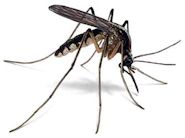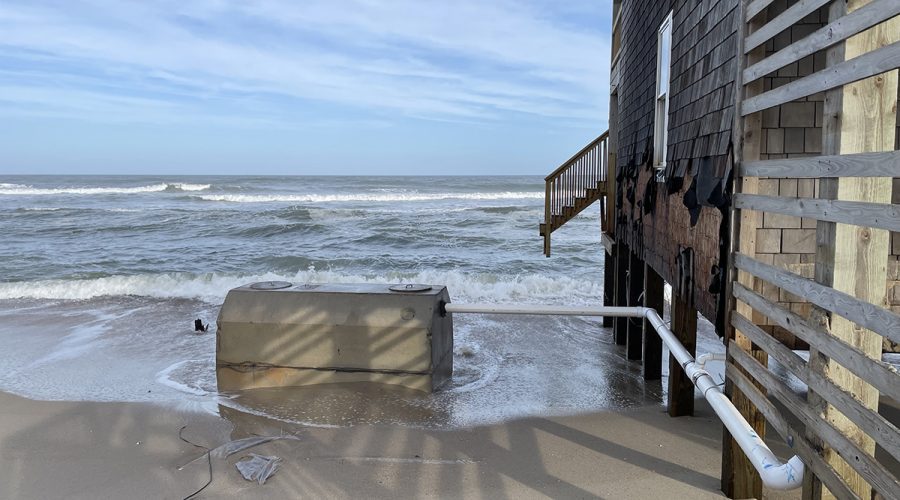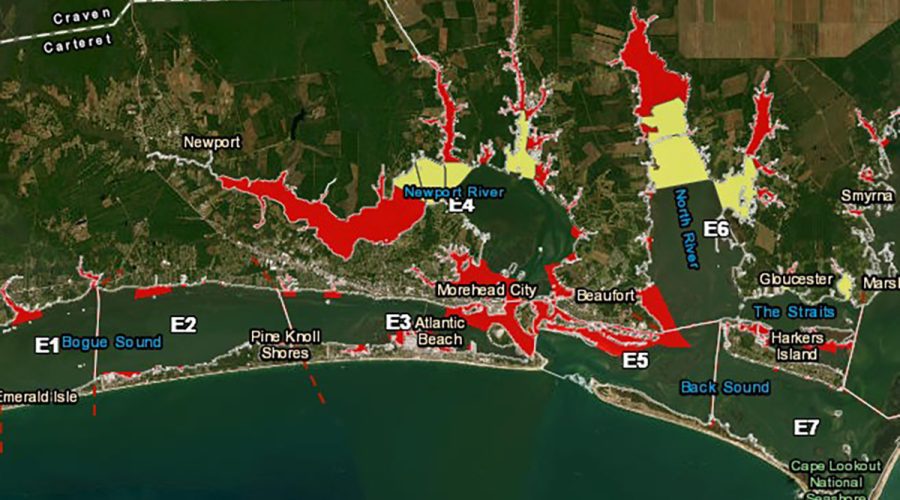Public comment deadline is May 1 on the safety zone that would prohibit vessels between 8 and 10 a.m. every second Saturday in May during the swim portion of the Crystal Coast Triathlon.
public health
Judge finds court lacks authority in groups’ PFAS lawsuit
Chief U.S. District Judge Richard Myers II on Friday released his decision to dismiss a lawsuit that would have forced Chemours to pay for health studies on dozens of chemical compounds manufactured at its Fayetteville plant.
Protect against tick- and mosquito-borne diseases: NCDHHS
The N.C. Department of Health and Human Services is launching its annual “Fight the Bite” campaign to educate the public about the dangers of tick- and mosquito-borne diseases.
EPA rule would require water providers to monitor for PFAS
An Environmental Protection Agency rule would set limits on six per- and polyfluoroalkyl substances in public water systems with providers responsible for monitoring and notifying the public when levels exceed standards.
EPA announces proposed federal PFAS contaminant levels
The Environmental Protection Agency proposed limits for half-dozen chemical compounds, including GenX, in drinking water.
Comment period opens for draft National Seafood Strategy
A 30-day period for public review and comment opened Tuesday for the plan to increase seafood consumption and support and make the industry more resilient.
Coastal Resources Commission to consider septic tank rules
Proposed changes would tighten permitting for the repair, replacement and relocation of wastewater treatment systems and septic tanks.
EPA Secretary Regan touts PFAS funding during NC stop
Environmental Protection Agency Administrator Michael Regan announced Monday in Maysville that $62 million in federal infrastructure money will be available to address drinking water contamination in North Carolina.
Temporary shellfish closures announced in Carteret County
The temporary closures are due to rainfall and resultant runoff.
DEQ launches new webpage with grants, funding sources
The new webpage is a one-stop shop for local governments, businesses, community and nonprofit organizations and others, looking for grant and loan funding information for a variety of environmental projects.
Residents report illness associated with Texas oyster recall
North Carolina restaurants and stores may be included in a recall issued for any shell and shucked oysters recently harvested in part of Galveston Bay, Texas.
Science Board to give PFAS recommendations to DEQ
The state Secretaries’ Science Advisory Board meeting is set for 10 a.m. Monday in Raleigh.
A cycle of septic repairs, washouts on park service beaches
With two-dozen oceanfront septic systems compromised by storms so far this year and spilling on the Cape Hatteras National Seashore in Dare County, several have been repaired only to be washed away again.
PFAS contamination likely at 58,000 sites in US: Study
The presumptive contamination map features sites that are often sources of contamination, but where no testing has confirmed the presence of PFAS.
Potentially infectious migratory birds returning for winter
Officials from North Carolina natural resources and public health agencies remind waterfowl hunters to be observant and careful when handling wild birds during hunting season.
Defining terms: What does ‘sustainable seafood’ mean?
“Sustainability” has multiple meanings, but in the context of seafood, the word has social, economic and environmental implications. Second in our continuing series examining the role and sustainability of seafood in a healthy diet.















